Latest News
Kitchen Chat and more…
Kitchen Chat and more…
[download id=”56″]
As the apple of red was tasted
A veil spread across the soul’s eyes.
Overcome by the sweetness
The world beyond was viewed
As through a cloud.
More sweetness, more color craved,
Until cloud so thickened
Only wafting shadows were seen,
Leading mind to conclude
Nothing more was there.
The following short article was written in response to an article by Ann Marcaida, which was originally published on the website, “Gather”. Her article was titled, “Unconditional Love and a Modern-Day Saint”, and she recommended the writer and memoirist Deborah Digges for sainthood. This was written in support of her article and also originally published on “Gather”. She inaugurated the Losing Your Religion Sainthood Program and I hope to offer some thoughts that may strengthen her canonization work.
Ms. Marcaida did a first great deed in redeeming the idea of the saint by breaking away from the simplistic and inaccurate idea of saint as opposed to sinner, that is, Saints are “good” Sinners are “bad”. Read more

